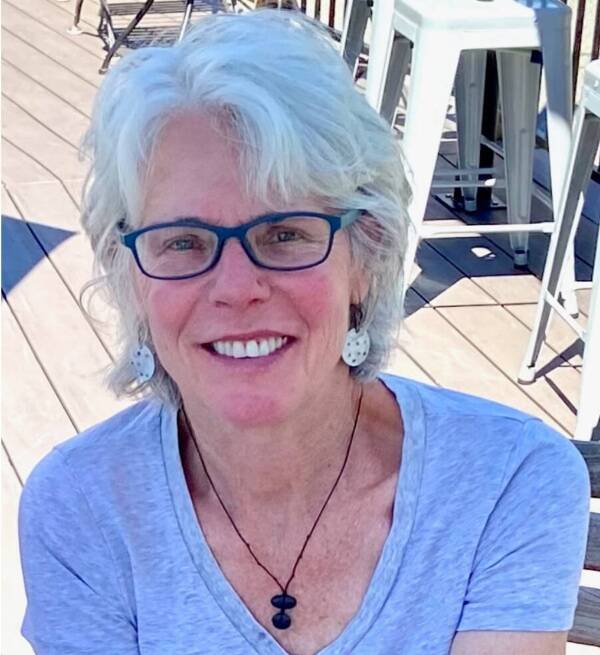What do Wasa crackers, Smith Brothers milk and Arm & Hammer detergent have in common, besides being available in our local grocery stores?
They all come in plastic-free packaging.
This is a big deal when you consider Americans produce almost 500 pounds per person of plastic waste each year, nearly twice as much as the average European.
This is the waste we have sorted, bundled, and delivered to local recycling heroes Nadine Edelstein, Steve Bergman, Jacquie Perry, and all the many hard-working first Sunday Styro volunteers to deal with for years.
So if you can find plastic-free alternatives, Choose Plastic Free wants you to jump on it.
Choose Plastic Free, the Zero Waste Vashon anti-plastic group, is focusing the next couple of months on plastic packaging, and asking you to consider your purchases through the lens of plastic waste.
At the top of EPA’s list of recommendations for how to deal with our 500 pounds of waste is to reduce not only the production but the “consumption” of single-use plastics. This is where you are in the driver’s seat.
Personally, I always shop with an eye on the packaging, asking myself, can I avoid it?
Most often, the answer is yes. I opt for items in glass and cardboard. I bring bags and jars for bulk items, which let me avoid packaging altogether. I am seeing a lot more items packaged in cardboard, but I pass up the boxes with a thin wrap of plastic, such as tea bags and cookies.
I buy tea in bulk from Vashon Roasterie, bringing in a glass jar to fill, and I get my cookies at the bakery.
Here are a few relatively easy plastic-free household items I’ve found:
- Toilet paper — paper wrapped
- Produce — can we really improve on nature?
- Yogurt — glass jars or do-it-yourself
- Toothpaste — tablet bits
- Tea — bulk
- Deodorant — cardboard-wrapped
I admit sandwich bread, tortillas and cheese are challenging. I would happily purchase paper-wrapped tortillas if someone offered them.
In terms of packaging options, we know it can be confusing.
According to the Plastic Solutions Review — which has an excellent website — bioplastics, biodegradable and compostable plastics all come with issues, which is why they are not recommended as alternatives to reduce plastic waste or plastic pollution. The best practice is simply to reduce our usage.
We all can be engaged on some level to combat the health and climate risks of plastic. You might consider a friendly competition with friends and family to tally up a week’s worth of plastic-free packaged items, or compare notes on fun finds. I got pretty darn excited by the cardboard-packaged dental floss at Vashon Pharmacy. The recent Vashon farmer’s market refilling stand for household products is expanding into a store, which is exciting.
We are a committed and empowered community as witnessed by the success of Styrofoam Sunday. As a community we can be role models to visitors, we can share ideas and encourage our merchants to carry alternative packaging, or help us find plastic-free packaging in dedicated aisles.
The market responds to consumer interest in plastic alternatives, so Choose Plastic Free encourages you to wield that power.
We know that turning off the tap of petroleum-based plastic will require systematic change involving legislators and governments, but we can take control of what we bring into our homes and our community. As one researcher in microplastics bluntly stated, “ If you’ve got an IQ above room temperature, you have to understand that this is not a good material to have in the environment.”
We encourage you to make it a habit to choose plastic free.
Celia Congdon has lived and worked on Vashon for many years and raised her family on the island. “Progress not perfection” is her go-to motto. This commentary is part of an ongoing series, “Green Briefs,” by members and supporters of the Whole Vashon Project. Find out more about the organization at wholevashonproject.org.



